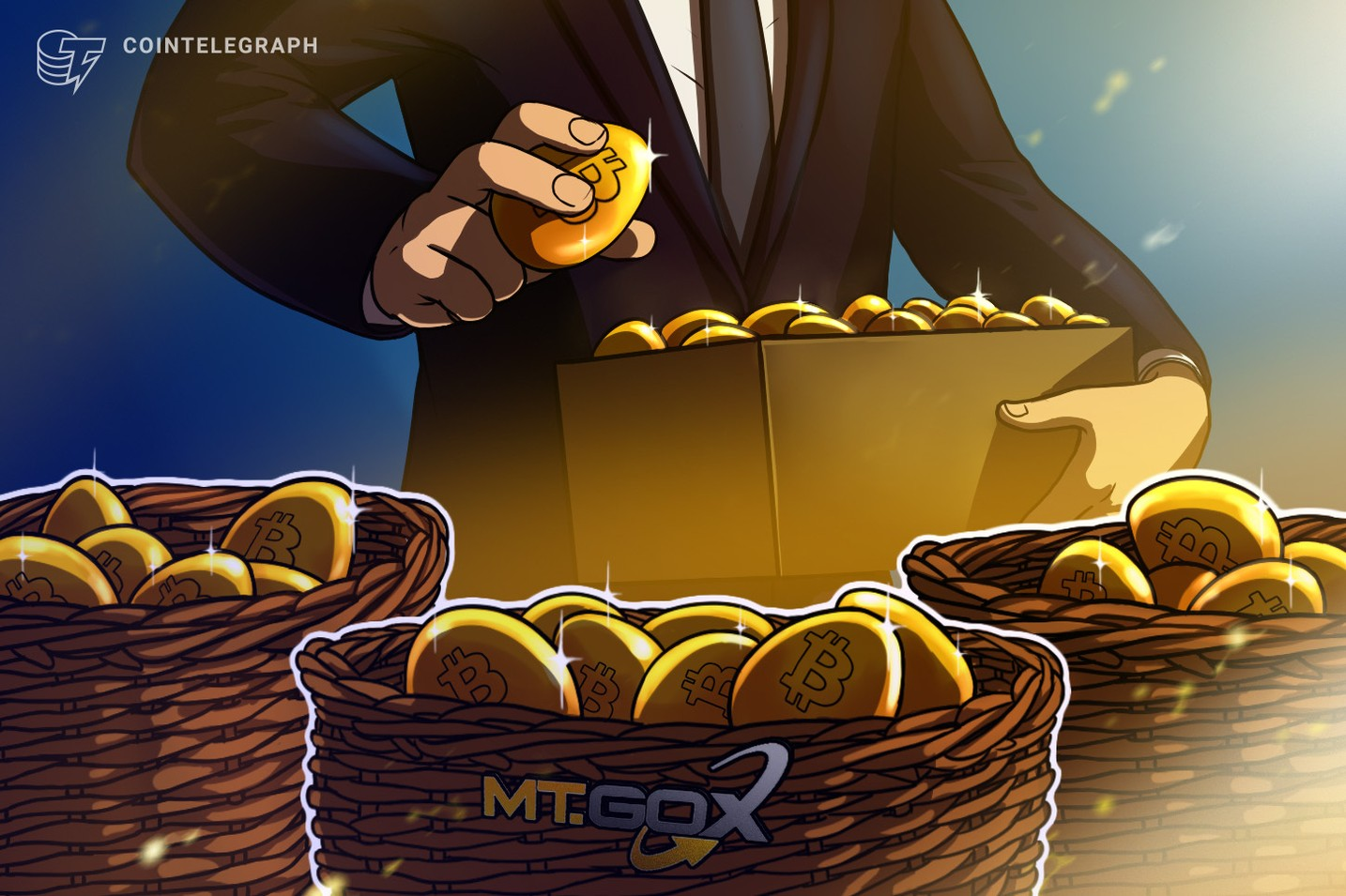
Mt. Gox transfers $1B in Bitcoin in third major BTC move this month
Key Points
- Mt. Gox has transferred over $1 billion in Bitcoin in three major moves this month.
- The latest transfer involved 11,501 Bitcoin, with 893 BTC going to a cold wallet and 10,608 BTC to a change wallet.
- Speculation suggests these movements could be related to upcoming creditor payouts.
- Mt. Gox still holds approximately 35,000 Bitcoin worth $3.1 billion.
- The exchange fell into bankruptcy in 2014 after losing 850,000 Bitcoin in a major hack.
Summary
Bankrupt cryptocurrency exchange Mt. Gox has made its third significant Bitcoin transaction this month, moving 11,501 Bitcoin on March 25. This follows previous transfers of 12,000 Bitcoin on March 6 and 11,833 Bitcoin on March 11. The latest transfer saw 893 Bitcoin sent to a cold wallet and 10,608 Bitcoin to a change wallet, as reported by blockchain analytics firm Arkham Intelligence. These movements have sparked speculation that Mt. Gox might be preparing for creditor payouts, especially since creditors have the option to receive their compensation in Bitcoin. Despite the exchange's bankruptcy in 2014 due to a massive hack, Mt. Gox still holds about 35,000 Bitcoin across various wallets. The trustee managing the bankruptcy extended the repayment deadline to October 31, 2025, citing delays in creditors completing necessary procedures for receiving repayments.
cointelegraph
March 26, 2025
Crypto


